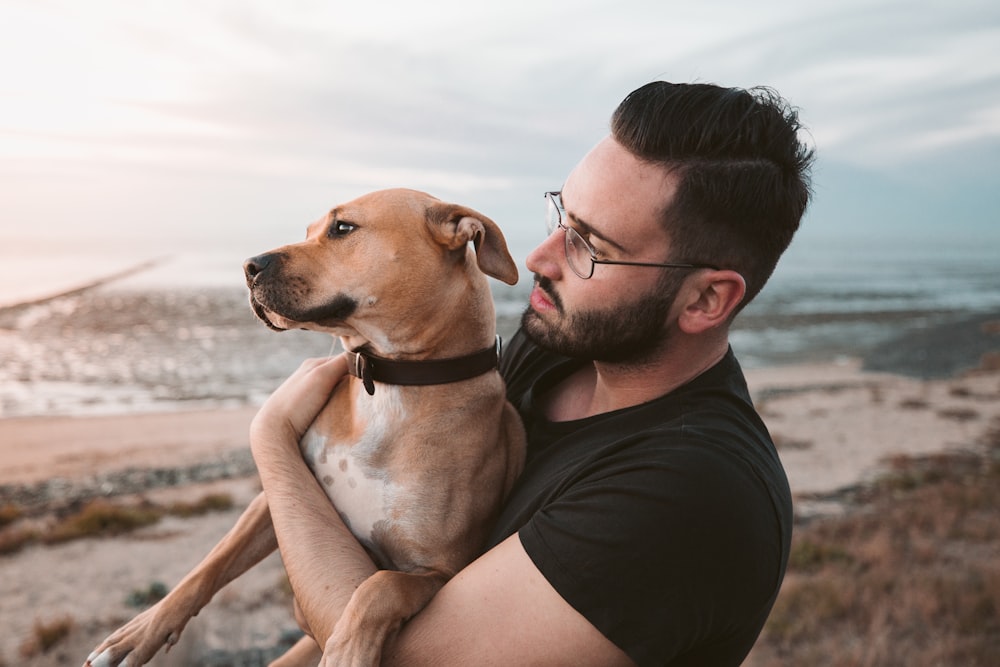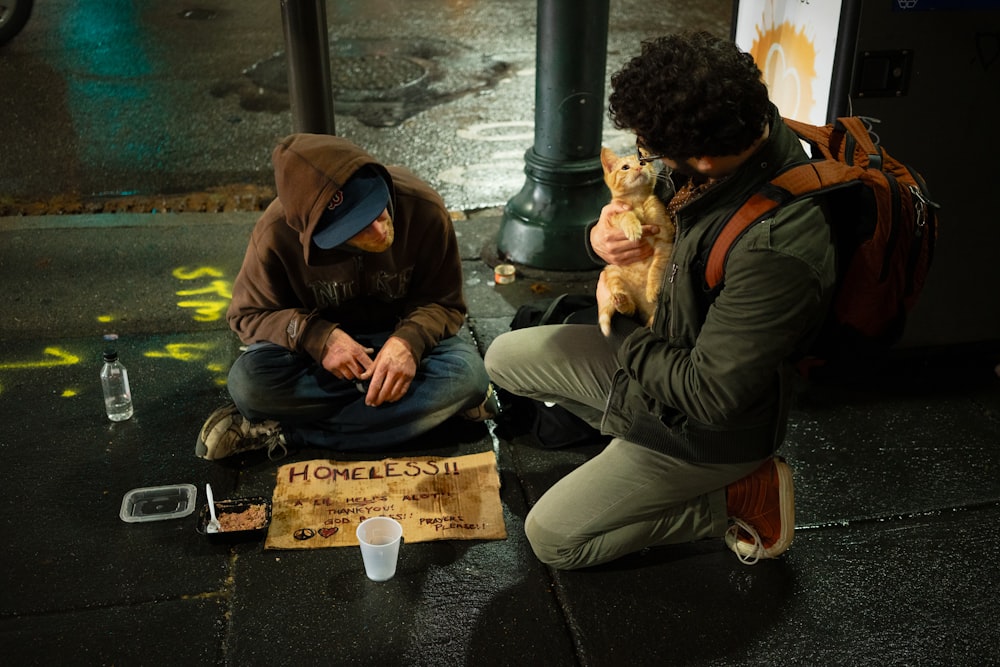Generosity sometimes feels like a virtue from the distant past, like chivalry or thrift. It seems like everyone around us is becoming far more individualistic. Oftentimes, this means they are becoming more cut off from the world. They are more focused on image and self-branding and less focused on community and generosity.
In a news report I heard today, Britain’s pubs have issued a dire call for help from the government. They say that COVID-19 safety measures destroyed their business. But they also note that even before the pandemic, fewer and fewer people were coming to the pub for drinks and socializing. More people prefer to stay home and watch TV or movies through streaming providers. With this, there is less chance to meet neighbors and friends. And less chance for generosity through buying pints or snacks for one another.
While building community and practicing generosity around an institution serving alcohol might not be the best thing in the world, it does serve a purpose. And other community centers that are more family-focused and wholesome, such as bowling alleys, mini-golf courses, and go-cart tracks are all fading from view.
Pet Generosity
One place where we can be generous that has actually benefited from the pandemic is in having pets. During lock-downs and work-from-home shifts, millions of people adopted dogs and cats to keep them company. While we’ve been more socially isolated from people, we have had a number of opportunities with our new pet friends to be generous.
With pets we get the benefit of plenty of instant affection and gratitude when we are generous. Well, with dogs at least. Cats, I’m told, can be very nice as well. Full disclosure: I’m clearly a dog person. My wife, however, is a cat person and she had the opportunity to pick out our first pet some three years ago, a 4-year-old tabby cat that we named Teddy. He has grown to be very attached to her and very affectionate. And me. . . he tolerates. This summer we adopted a 6-year-old German Shepard mix who has become attached to me but radiates love in all directions.
As we each go through our days, we enjoy our opportunities to show generosity to our pets. Treats, some grooming, and extra snuggles are all usually rewarded with joy from our cat and dog. We can see clearly that these animals are dependent on us. And we can see the importance of our caring for them. As we do this, we can think of the many ways others in the world depend on us, from obvious examples like children and friends to less obvious ones like workers in stores or people in our community who rely on our tax dollars for some forms of support.
Even though humans are more complicated and often cannot or will not show gratitude as fully as our animal friends, we can know that our generosity toward them improves lives.
Generosity for Your Own Good
Clinical psychologist Lisa Firestone, Ph.D. reminds us that the first person to gain from our generosity is us. She notes that, “A 2003 research study at the University of Michigan reveals that the positive effects of generosity include improving one’s mental and physical health and promoting longevity. In another Michigan study, which traced 2,700 people over 10 years, researchers found that men who did regular volunteer work had death rates two-and-one half times lower than men who didn’t.”
Generosity reduces our stress, builds our immune system, and strengthens our sense of meaning and purpose in life. It does this all in many ways. But one of them is by connecting deeply and often immediately with other people. Whether we are making food at a homeless shelter or volunteering to clear weeds at a community garden, we can see immediately the good that we are doing. This is even more profound when we’re actively serving people meals or taking time to help a neighbor with a project.
But we can also benefit from doing good at a distance. When we donate to an environmental non-profit or to a community group helping refugees, we set aside thoughts of ourself. We actually benefit ourselves by acting selflessly. This focus outward toward others can help extend our sense of who we are. We are not just this physical body. We are also members of a community. We are members of a family. We are members of a human race. We are members of the animal kingdom.
Through each act of generosity, we loosen the grip of selfishness and isolation that seems to be the natural flow of much of our culture these days. I spoke recently to an atheist volunteer who helps the homeless in a major midwestern city. He said that he had long suffered from anxiety and social isolation. But soon, the concern about isolation became more difficult than the act of going out and meeting others, so he ventured out. One of this first major social outings was to an atheist conference. He said he was terrified, but he looked around the room and found the first person who looked more terrified than him and went up and talked to them.
That took courage. But the courage was rooted in a desire to help people and the knowledge that in order to help people, he needed to be able to talk to people. In his work since, he has continued to fight that anxiety and his feelings of isolation through directly helping people in his city.
We can all learn to tap into our inner desire to be generous. What is getting in our way? How can we move past our current obstacles?
 Justin Whitaker, Ph.D., holds a doctorate in Buddhist ethics from the University of London. He has given lectures, and taught Buddhist studies and Philosophy at Oxford University, the University of Hong Kong, the University of Montana, and at Antioch University’s intensive study-abroad program in India. A certified meditation teacher, he is a regular contributor to Patheos.com, and Senior Correspondent for Buddhistdoor Global. Justin is the official blog writer for Sunflower Counseling MT in Missoula, Butte, Kalispell, Billings, and surrounding areas. He lives in Missoula with his family.
Justin Whitaker, Ph.D., holds a doctorate in Buddhist ethics from the University of London. He has given lectures, and taught Buddhist studies and Philosophy at Oxford University, the University of Hong Kong, the University of Montana, and at Antioch University’s intensive study-abroad program in India. A certified meditation teacher, he is a regular contributor to Patheos.com, and Senior Correspondent for Buddhistdoor Global. Justin is the official blog writer for Sunflower Counseling MT in Missoula, Butte, Kalispell, Billings, and surrounding areas. He lives in Missoula with his family.



